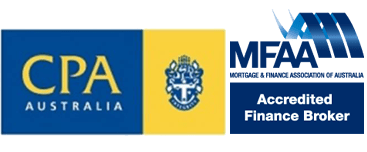When purchasing an investment property, you need to think tactically about where you will buy and the type of person who generally resides in this area. Doing your research and having a clear understanding of the market and the areas where property is most likely to increase in value is essential. When considering your budget and return on investment, it’s not just about your rental returns, you need to factor in ongoing costs also.
Things to know if buying investment property:
What is negative Gearing ?
If you earn less from an investment property than it’s costing you, you’re said to be negatively geared. The motivation to be negatively geared is that it reduces your taxable income and you accept a short-term loss in the hope of a capital gain later.
What is property management cost?
The cost of having a professional manage your rental property is between five to nine percent of your total rental income each week. If you compare this to the time commitment and potential costs you could face if you were to represent yourself at the tribunal, this weekly management fee is marginal.
What is additional cost when purchasing an investment property?
Along with the cost of your deposit, you need to account for the cost of building inspections, stamp duty, conveyancing fees and any legal costs.
What is ongoing cost of investment property?
Ongoing, as the owner of an investment property, you will need to pay council rates, water rates, insurance, body corporate fees, land tax, property management fees, repairs and maintenance costs.

